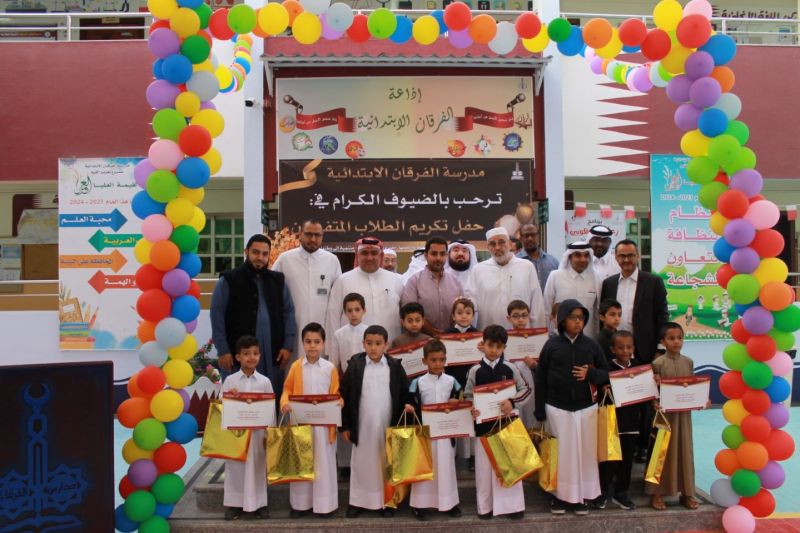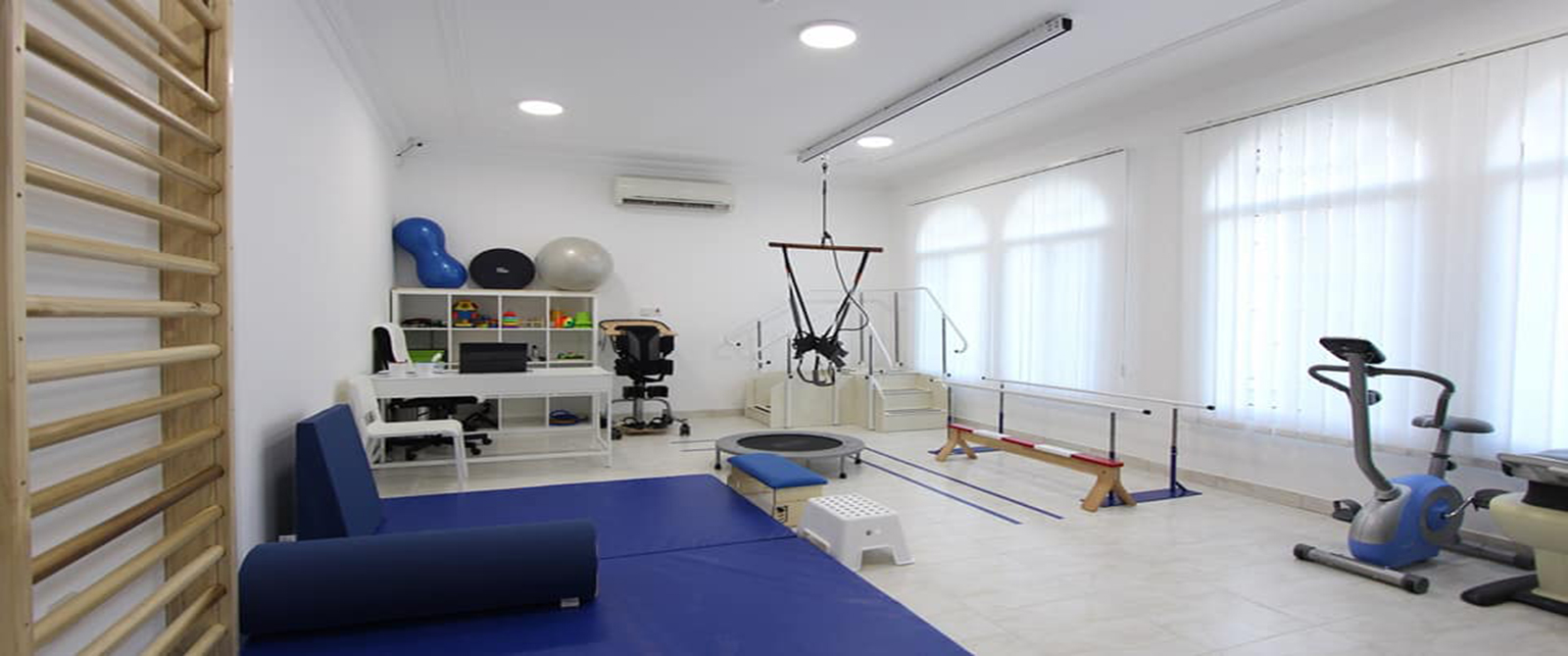×
Are you keen to enrol your child in special needs centers in Qatar? You’re certainly not alone, many fathers & mothers looking for special needs centers in Qatar. Special Needs Centers in Qatar provides comprehensive services and care to individuals with intellectual disabilities and autism spectrum disorders, their families, and the community. Special Needs Centers in Qatar nurture the acquisition and application of unique skills and talents through the commitment of a dedicated team of professionals. Special Needs Centers in Qatar taking care about early childhood cases which is designed for children aged three to six years, including a center-based preschool / kindergarten. Special Needs Centers in Qatar not only emphasizes educational and therapeutic services according to the individual strengths and areas of need for each child; it also offers a wide array of social play situations and activities of daily living. Upon reaching the age of six years old, the students are transferred to other units or other school programs, according to the type and severity of their disabilities.Also Special Needs Centers in Qatar have autism units especially designed for those students diagnosed with autism spectrum disorders, whose ages range between six and sixteen years. These students learn best with a structured teaching model such as TEACCH (Treatment and Education of Autistic and Related Communication Handicapped Children). Other special methods such as discrete trial training and highly visual communication systems are also tailored for these children. special needs centers in qatar also have mild and moderate disability unit This Unit cares for students aged six to sixteen years, with mild and moderate learning challenges. It includes special education coursework in pre-academic, academic, and pre-vocational areas. The curriculum emphasizes social and daily-life skills. Also Special Needs Centers in Qatar provides direct services to the families of students through support services and counseling for individuals and groups, organizing courses, workshops and home visits in order to give parents the skills that help them on how to deal with their children with disabilities.The services in Special Needs Centers in Qatar extend to the society through spreading the culture of disability, raising the awareness of different types of disabilities, ways to prevent them and how to interact with people with disabilities. In the United States, special needs is a term used in clinical diagnostic and functional development to describe individuals who require assistance for disabilities that may be medical, mental, or psychological. For instance, the Diagnostic and Statistical Manual of Mental Disorders and the International Classification of Diseases 9th edition both give guidelines for clinical diagnosis. Special needs can range from people with autism, cerebral palsy, down syndrome, dyslexia, blindness, ADHD, and cystic fibrosis. They can also include cleft lips and/or palates, port-wine stains, and missing limbs. The types of special needs vary in severity, and a student with a special need is classified as being a severe case when the students IQ is between 20 and 35. These students typically need assistance in school, and have different services given to them for them to succeed in a different setting. In the United Kingdom, special needs often refers to special needs within an educational context. This is also referred to as special educational needs (SEN) or special educational needs and disabilities (SEND). In the United States, 18.5 percent of all children under the age of 18 (over 13.5 million children) had special health care needs as of 2005. In many cases, the integration of special needs students into general-learning classrooms has had many benefits. A study done by Douglas Marston tested the effects of an integrated learning environment on the academic success of students with special needs. He first gathered students in from three different categories: those in isolated learning environments, those in integrated learning environments, and those in a combination of both isolated and integrated learning environments. He calculated the average number of words read by each group in the fall and again in the spring, and compared the outcome. The findings showed that those in integrated learning environments or a combination of isolated and integrated environments experienced greater improvements in their reading skills than those in strictly isolated environments. Integrated classrooms can also have many social benefits on students with special needs. By surrounding special needs students with their fully functioning peers, they are exposed to diversity. Their close contact with other students will allow them to develop friendships and improve interpersonal skills. ""Qatar Nurseries & Kindergartens Guide gives all information you need to know about special needs centers in Qatar, Contact Details of special needs centers in Qatar, Address of special needs centers in Qatar, Email of special needs centers in Qatar, Website of special needs centers in Qatar, Curriculum of special needs centers in Qatar, Working hours of special needs centers in Qatar, Admission Age of special needs centers in Qatar, Admission Date of special needs centers in Qatar, Registeration fees of special needs centers in Qatar, Monthly fees of special needs centers in Qatar, Working hours of special needs centers in Qatar, Managment Nationality of special needs centers in Qatar & also all details about special needs centers in Qatar""
Special Needs Centers in Qatar






